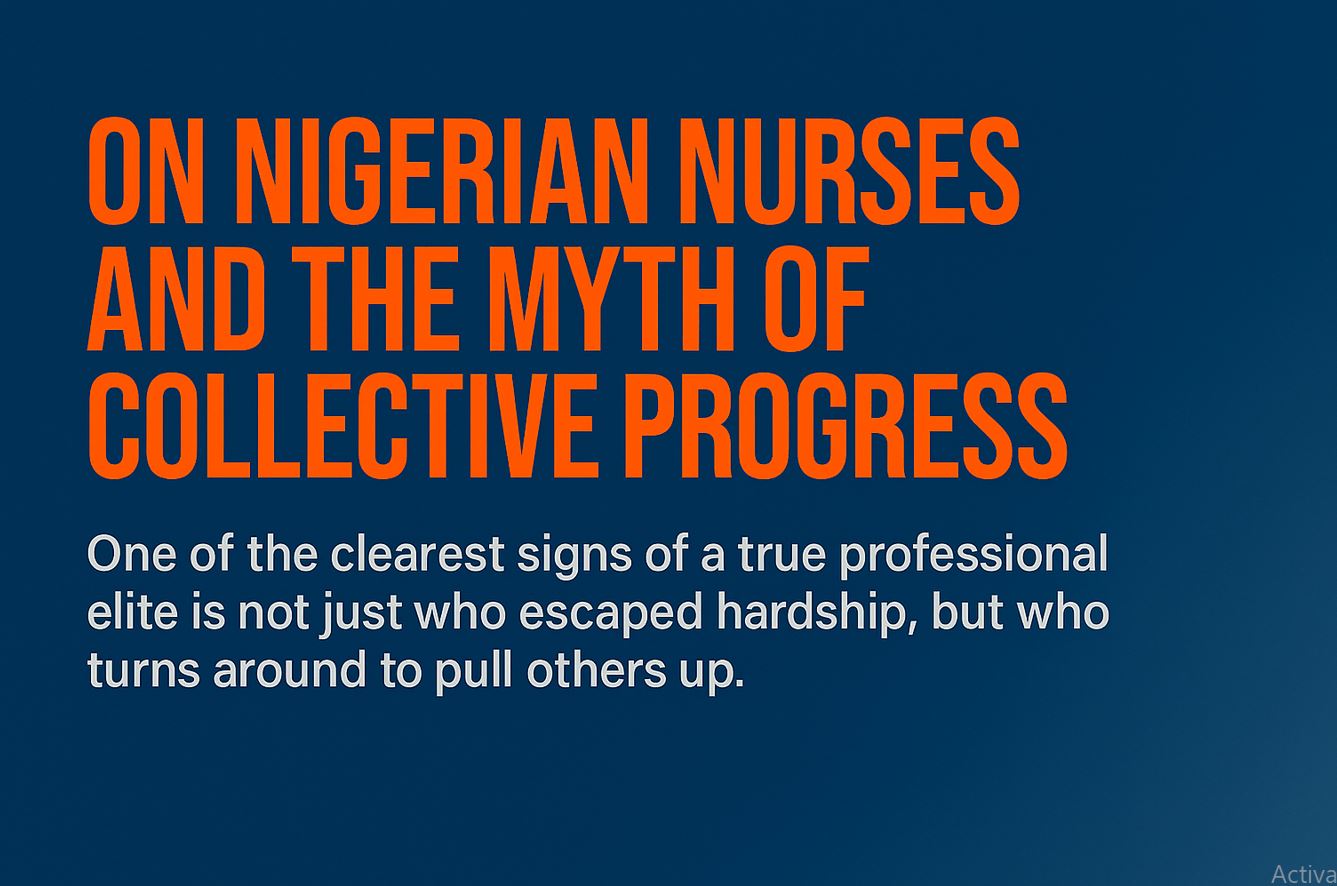In what many are calling a crisis for Nigeria’s already fragile healthcare system, a staggering 14,815 nurses and midwives trained in Nigeria have been licensed to practise in the United Kingdom between 2017 and September 2024.
The data, drawn from the latest UK Nursing and Midwifery Council report, reveals a troubling trend that shows no signs of slowing down. As of March 2024, there were 13,656 Nigerian professionals on the UK register. Just six months later, the figure jumped by another 1,159, marking an 8.5% increase.
This is more than a statistic—it’s a warning bell. These are skilled, dedicated professionals, trained with public resources, quietly slipping away in pursuit of greener pastures abroad. And who can blame them? Faced with inadequate infrastructure, poor working conditions, and limited career prospects at home, many are left with no real choice.
Since 2017, the number of Nigerian nurses and midwives on the UK register has risen consistently. Meanwhile, the UK has welcomed a surge in internationally trained professionals, particularly from India and the Philippines. Nigerian professionals now form the third-largest international group in the UK nursing workforce, behind only India and the Philippines.
Even though there’s been a slight year-on-year dip in migration from Nigeria and Ghana—down 16.1% and 3.5% respectively—that decline offers little comfort. The UK is still pulling health workers from countries labeled on the “red list,” meaning their healthcare systems are too fragile to afford such losses. And Nigeria is very much on that list.
The issue goes beyond numbers. The Minister of State for Health, Dr. Iziaq Salako, speaking at a health workshop in Abuja, hit the nail on the head: “We train some of the world’s finest doctors, nurses, and allied health professionals, yet too often, they leave our shores in search of better opportunities.” While we applaud their global success, we cannot ignore the severe strain this places on Nigeria’s healthcare system.
Dr. Salako rightly calls for a shift in thinking—from workforce migration to workforce exportation. If developed countries continue to benefit from the talents we invest in, then legally binding agreements should ensure they contribute to our healthcare infrastructure and manpower development in return. It's only fair.
The time for passive observation is over. Without decisive action—retention incentives, regional training harmonisation, and global cooperation—Nigeria risks depleting the very human capital needed to build a resilient, responsive health system. It’s high time we turned this brain drain into a strategic advantage, not a permanent loss.




